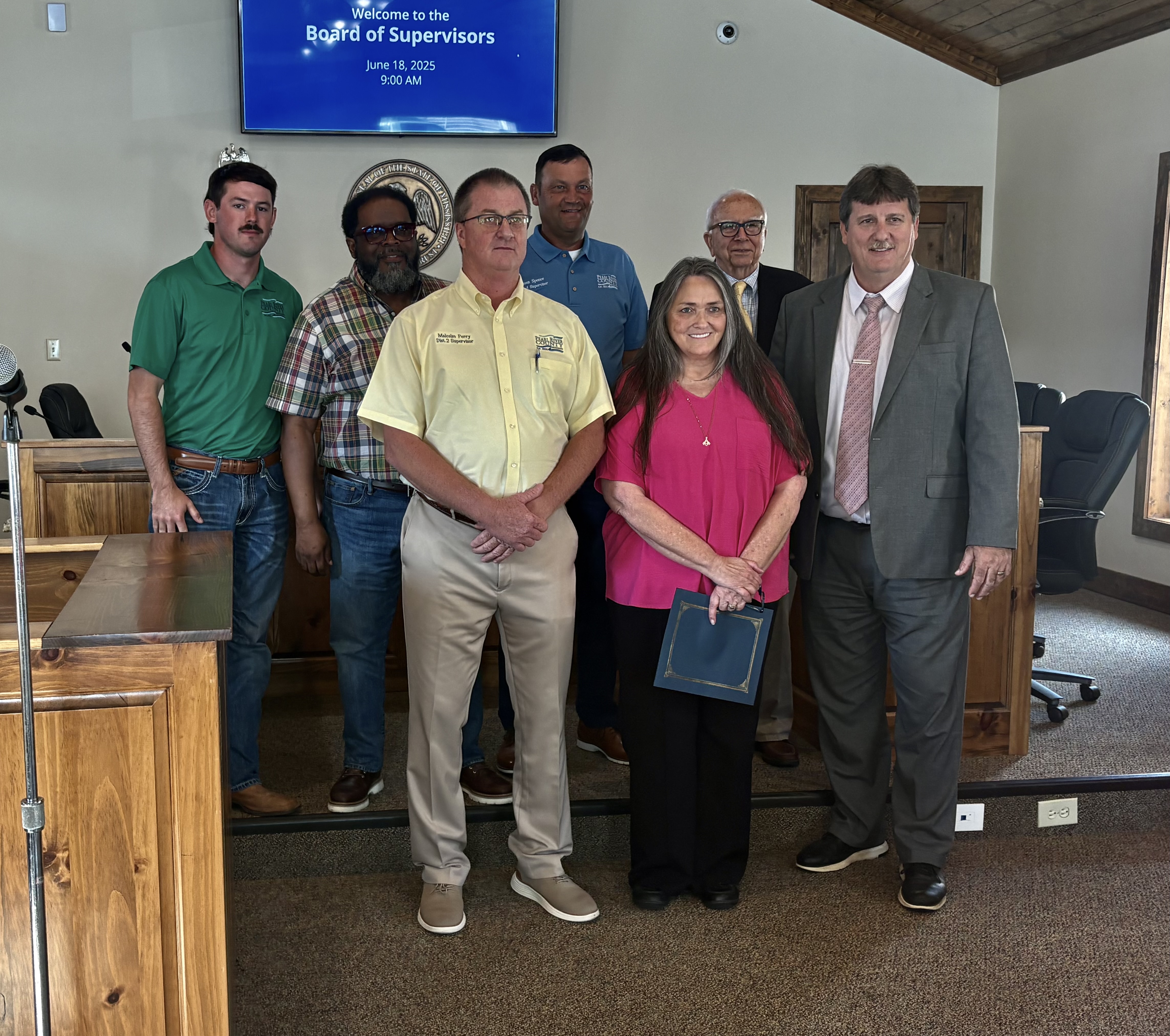Joanie meets the Lions Club
Published 7:00 am Thursday, April 17, 2014
Picayune Fire Marshal Pat Weaver spoke to the Picayune Noon Lions Club Wednesday about his four-legged arson investigation partner.
Weaver began his career as a firefighter responding to fires and accidents. Today he has a different job.
After the fire is extinguished he and his partner, nine-year-old arson dog Joanie, have the difficult task of determining what caused the blaze.
Joanie became a part of the Picayune Fire Department about six years ago when State Farm Insurance paid for the purchase of Joanie as well as investigative training for both. Since then, Joanie has not only become a part of the department, but Weaver’s family as well. Just like how a K-9 lives with their law enforcement handler, Joanie lives with Weaver.
“She is really more than just a tool,” Weaver said.
Most arson dogs are Labrador, Golden Retriever or a mixture of the two breeds, Weaver said. Joanie is a black Labrador.
Arson dogs are trained to sniff out any kind of accelerant by being fed every time they locate its presence. This means Weaver has to run tests with Joanie multiple times each day, where he places evaporated gasoline at various areas around the fire station. Every time she successfully locates the scent she sits and Weaver feeds her from his hand.
Some people might be concerned that a dog only eats after sniffing gasoline, but Weaver said since dogs have a short lifespan it’s not an issue.
Each year the team is recertified through a three-day class that ends with a blind test to ensure Joanie is locating accelerants.
For a time Joanie was the only arson dog in Mississippi, but now the Bureau of Alcohol Tobacco and Firearms and Lamar County each have their own.
While an arson dog can identify an accelerant better than a laboratory test, the scientific test is still the legal determination as to whether a fire was the result of arson.
Weaver also talked about the installation of sprinkler systems in residential construction. There is concern that their installation is cost prohibitive. However, these systems are proven to save lives and property.
Weaver said studies have shown that a home with a sprinkler system may suffer only $3,000 to $4,000 worth of damage and no deaths because they extinguish the flames before the fire gets too big.
A home without a sprinkler system can sustain $30,000 to $40,000 worth of fire damage, and people could die, Weaver said.





